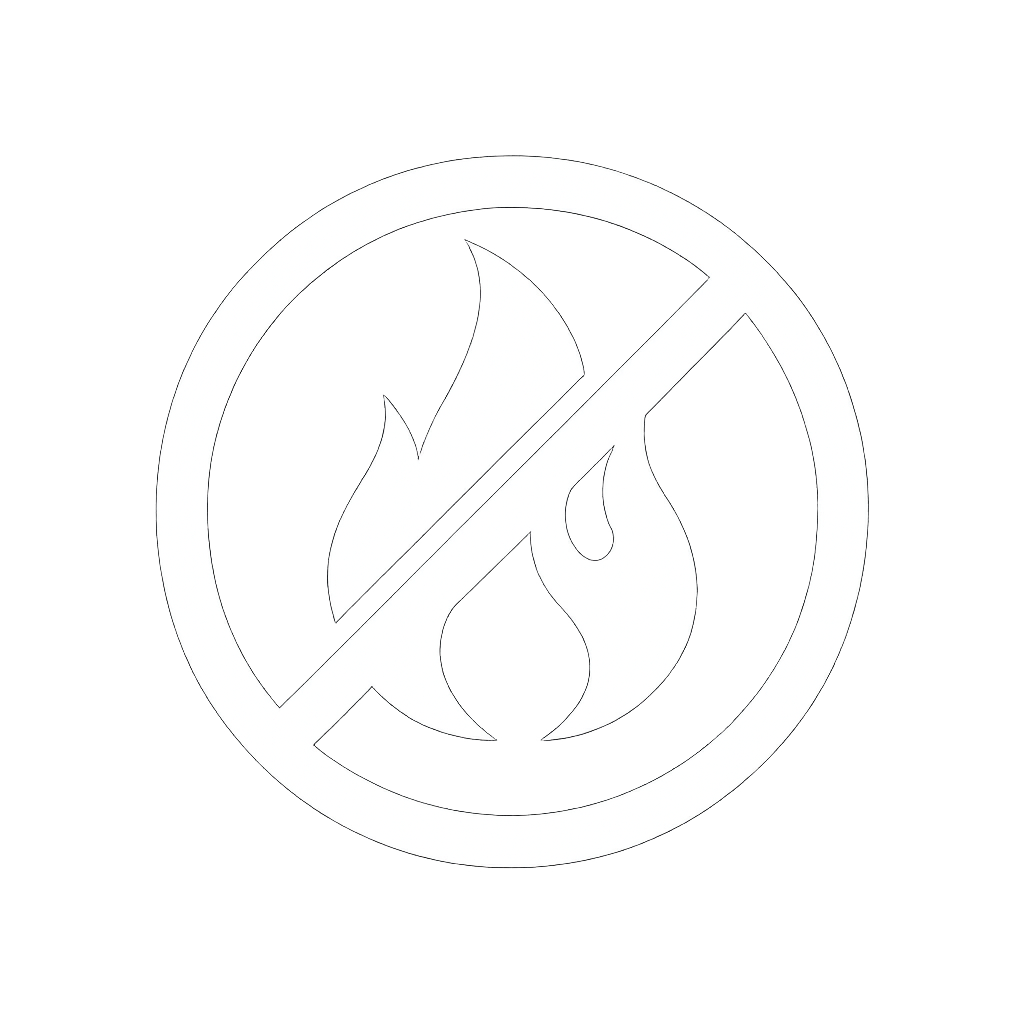Hell: Eternal Torment or Fear-Based Control Tactic?
What if hell was never about justice — but about obedience?
What if it wasn’t designed to save souls… but to scare them into submission?
For many of us raised in high-control religious environments, the doctrine of hell was the ultimate trump card. It was used to justify pain, demand conformity, and override doubt. But what happens when we start to question it?
Let’s walk through it.
What Is Hell, Really?
Most of us were taught a version like this:
“If you don’t believe the right thing, do the right thing, or belong to the right group…
You’ll burn forever in a lake of fire.
With no chance for mercy.
Because God loves you.”
Sound messed up?
That’s because it is.
The Origins: Not What You Were Told
The modern concept of hell — eternal conscious torment — is more medieval invention than biblical truth.
The Hebrew Bible (Old Testament) mostly references Sheol — a vague shadowy afterlife, not torture.
The Greek Hades and Gehenna were mistranslated, mythologized, and weaponized.
Eternal punishment as fire and brimstone? That’s Dante, not Jesus.
Early Christians didn’t even agree on what hell was. Some believed in universal reconciliation.
But over time, the idea of hell became central to power structures — a way to control the masses through fear.
Why Was Hell So Effective?
Because it taps into our most primal fears:
Fear of pain
Fear of abandonment
Fear of losing family
Fear of the unknown
And it was reinforced constantly:
“Don’t question. You might go to hell.”
“Don’t leave the church. You’re risking your soul.”
“That thought? That doubt? Dangerous.”
In high-control religion, hell isn’t just a belief — it’s a leash.
Was It Ever Really About Justice?
Let’s be honest:
Eternal punishment for finite actions?
No second chances? No context? No compassion?
Billions tortured forever just for being born in the “wrong” culture?
That’s not divine justice.
That’s cosmic abuse.
And calling it “love” is gaslighting.
Why It’s So Hard to Let Go
Even after leaving, many still wrestle with hell.
Because it was tied to:
Family ties
Childhood fears
Identity
Safety
Deconstructing hell often means reprocessing trauma.
That’s normal. That’s valid. That’s healing.
Reclaiming Your Power
Let’s flip the script.
Instead of:
“I’m terrified of being wrong.”
Try:
“What kind of god would need fear to be followed?”
Instead of:
“But what if I go to hell?”
Try:
“Do I want to believe in a system that tortures people forever?”
Instead of:
“Hell keeps people in line.”
Try:
“Hell was designed to keep people in line.”
Questions to Ask Yourself
Do I believe love can be forced through fear?
Would I ever teach my children obedience through threats of torture?
If hell didn’t exist, how would I live differently?
Who benefits from my fear of hell?
Write them down.
Talk about them.
Let yourself feel them.
You’re Not Alone
We’ve been there.
We’ve cried in the middle of the night, afraid of flames that never came.
We’ve tiptoed around doubt like it was a landmine.
We’ve watched loved ones threaten us with hell just for walking away.
But you know what?
You’re still here.
You’re thinking critically.
You’re healing.
And no belief system has the right to traumatize you into silence.
Looking for others who’ve questioned hell and lived to tell about it?
Check out our Stories of Deconstruction, or drop into one of our community threads.
🖤 You are not broken. You are brave.
